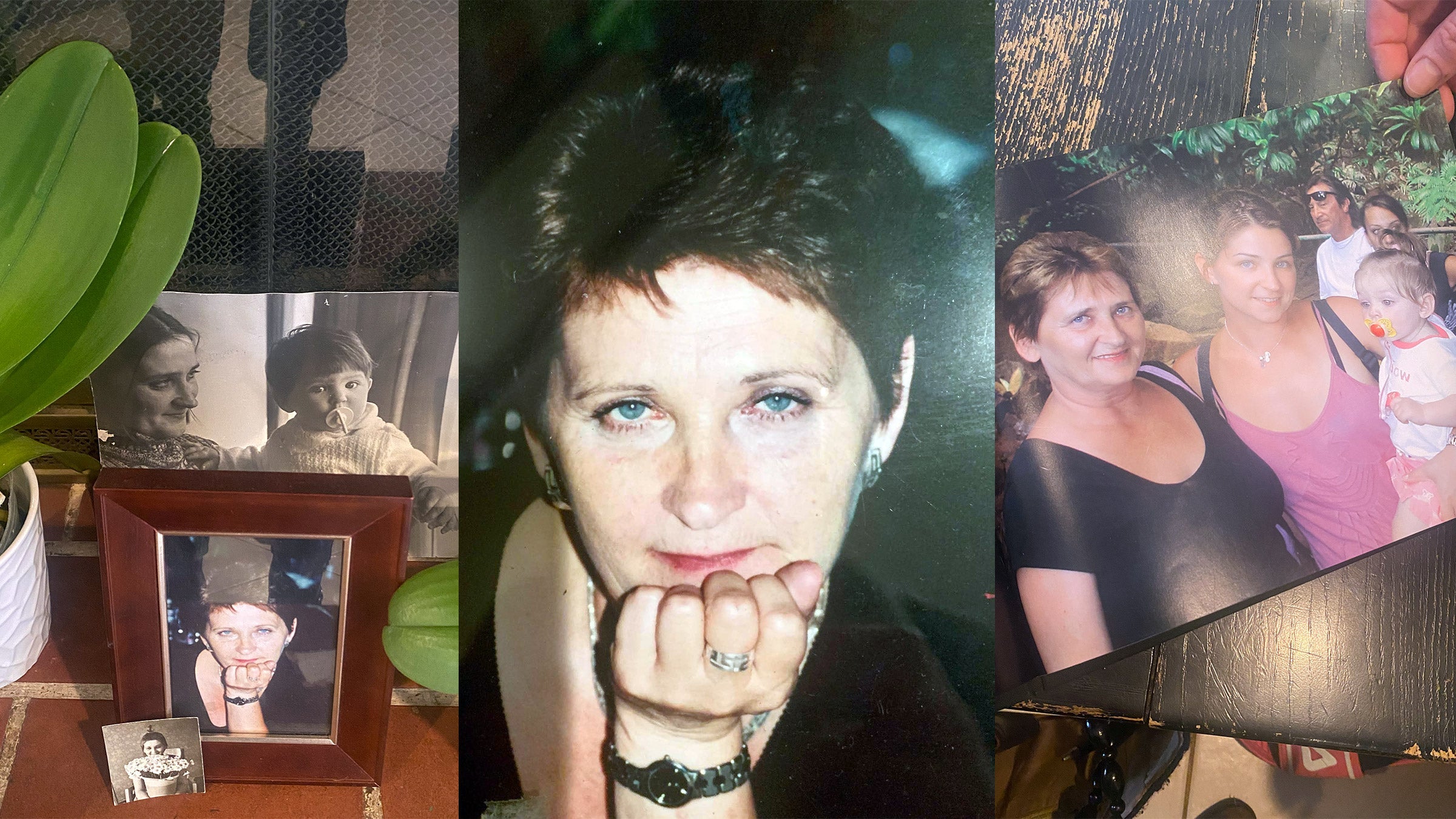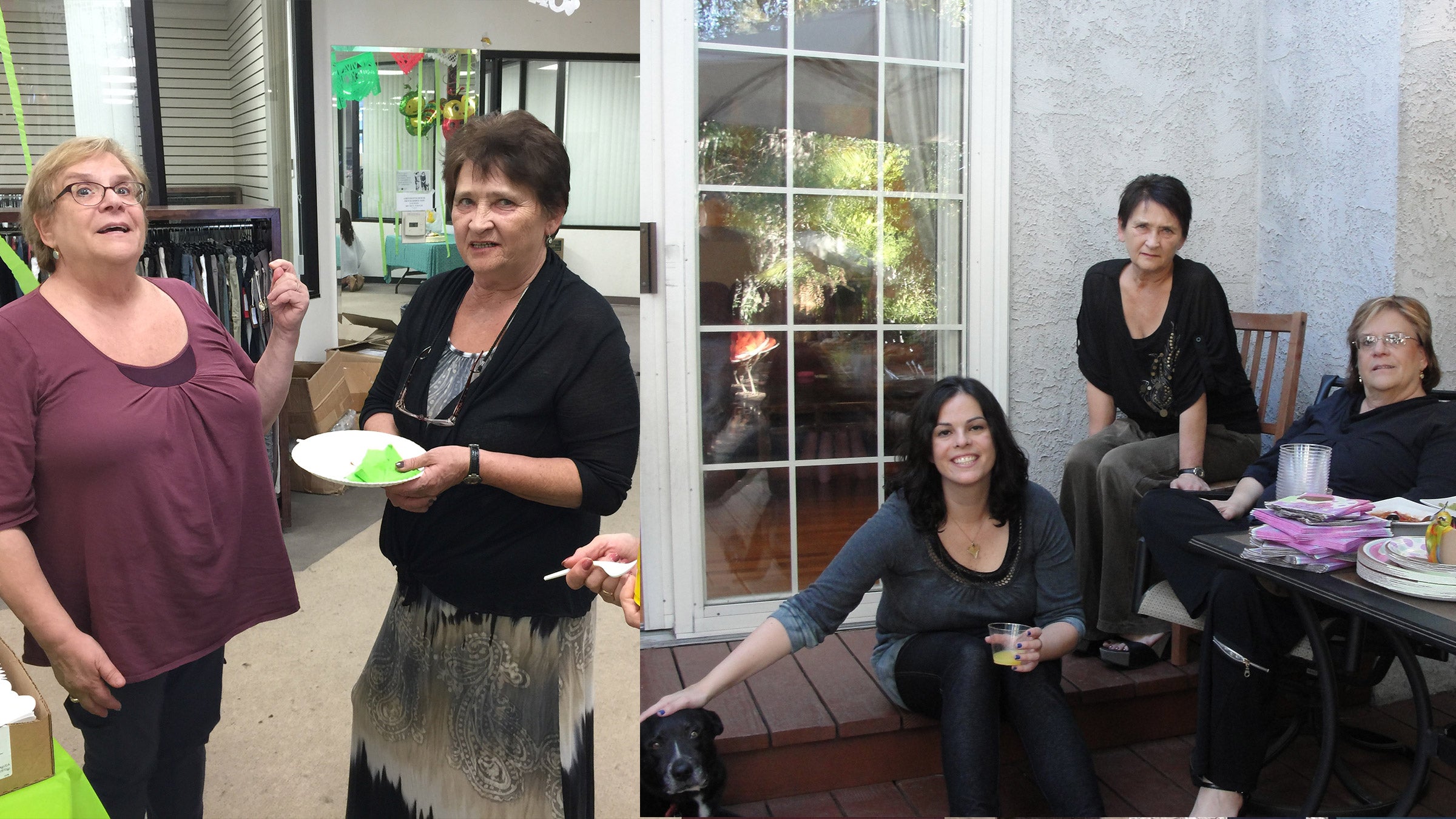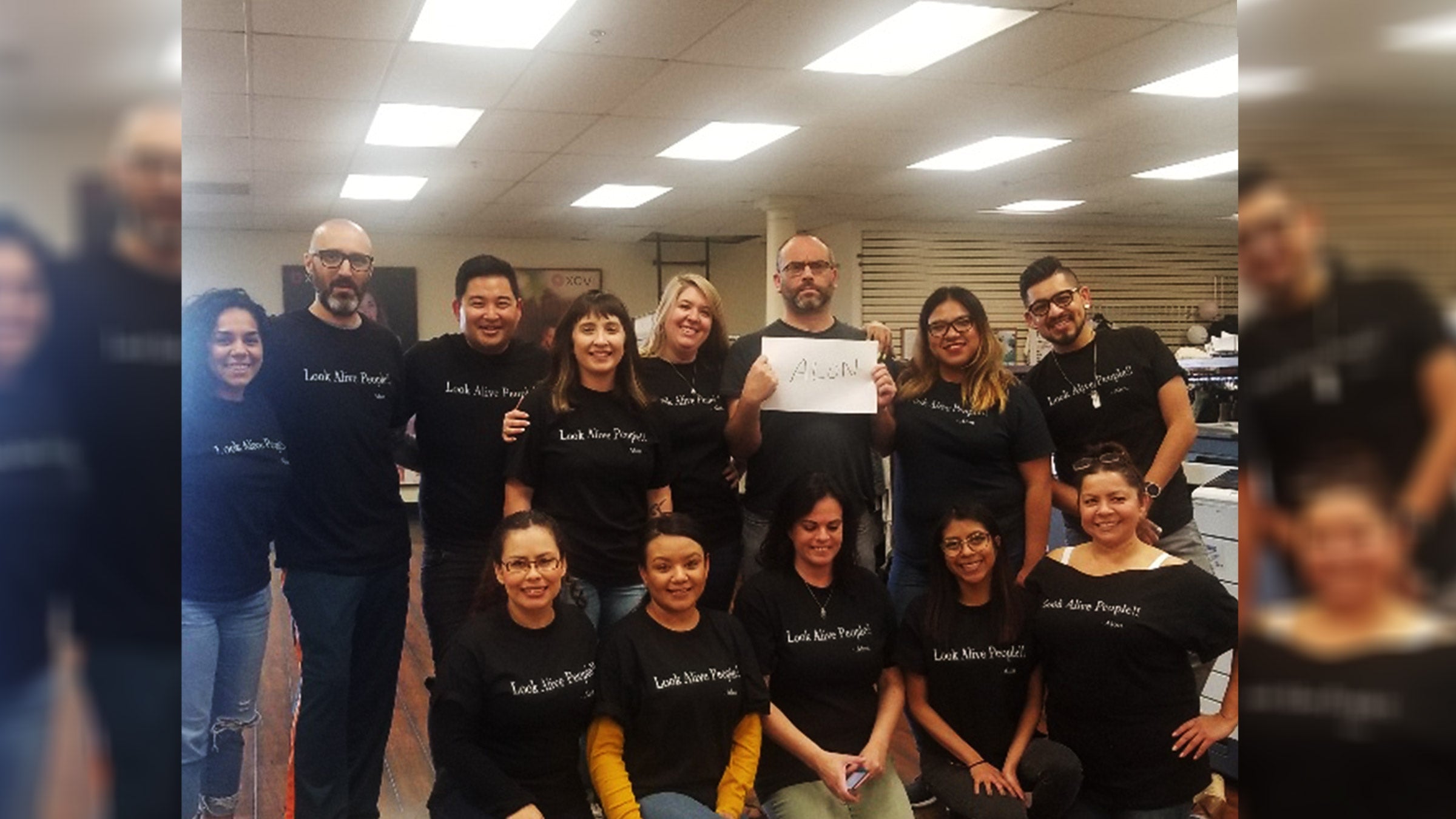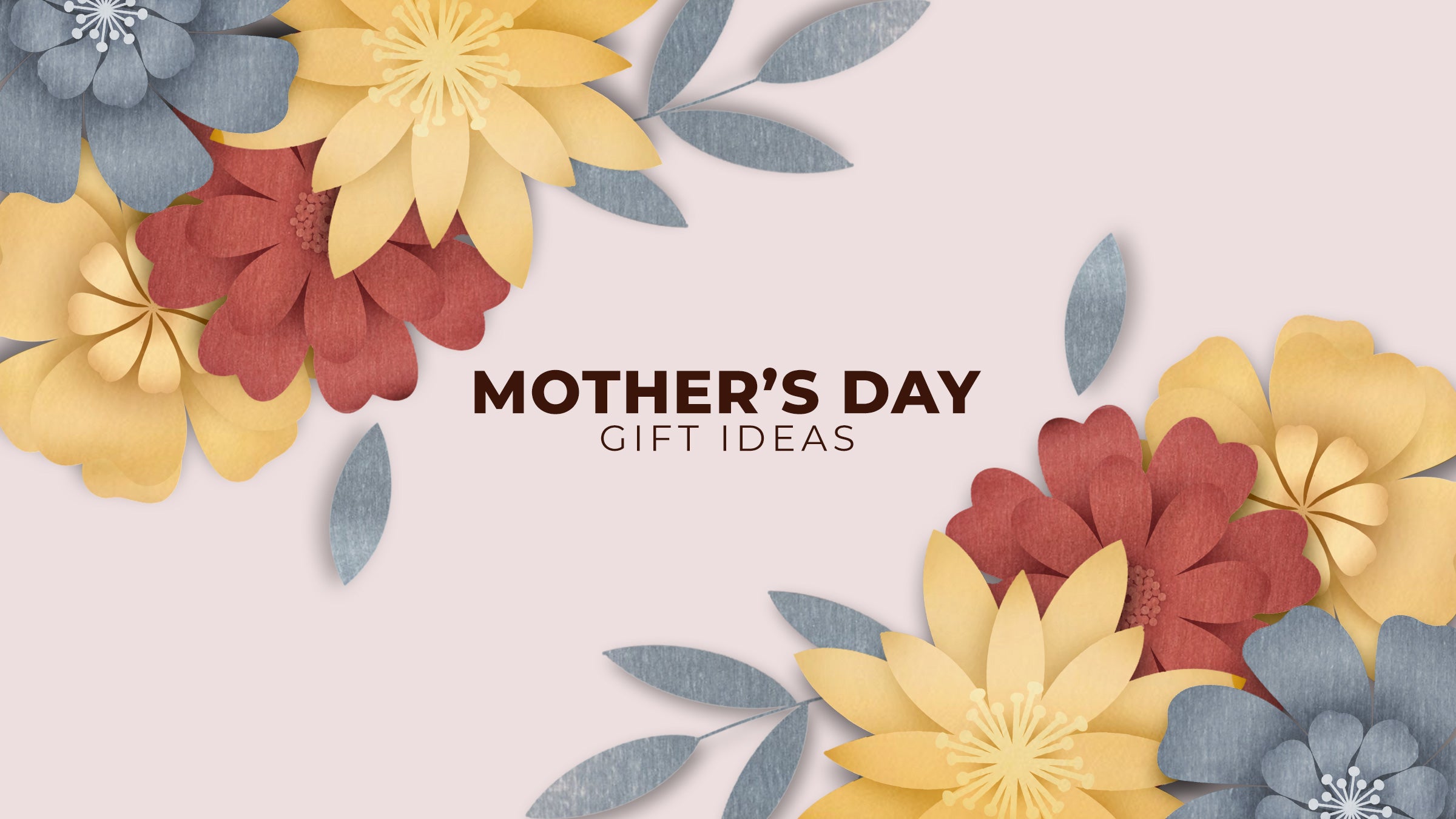
In Memory of Our Dear Nina
As Mother’s Day peaks its head around the corner, we’re sitting back, taking stock, and being called to commemorate the mothers, grandmothers, and women around us who so graciously give of themselves each and every day.
Since its founding, XCVI has stood as a family-oriented operation, made possible by a staff of predominantly women who challenge societal norms, expectations, and one another with grace and fervor. Gita, XCVI’s founder and owner, immediately comes to mind, along with Daniela, our Brand Creative Director, Aida, our Product Manager, Lilia our Designer, and Lisa, our Brand Manager. Looking back at our history, however, one person in particular stands as a shining example of women’s impact at XCVI.
Nina, our late Pattern Maker was–and is–the heart and soul of XCVI. Her daughter, our Brand
Manager Lisa, remains an integral part of the XCVI team. Last week I had the opportunity to sit down
with Lisa and her daughter, Sophie, to talk about Nina and the massive legacy she left us all. Her
deeply-felt absence is rivaled only by her incredible remaining presence, which makes its way through the entire business, reflecting the immense impact she’s had on XCVI and all those whose lives she touched.

Walking up the rosebush-lined path to a one-story, sunlit house in Sherman Oaks, two French bulldogs named Satchi and Mush greet me at the door, grunting and jumping in smoosh-faced excitement. I immediately notice an abundance of plants–particularly orchids–in the window. Lisa quickly tells me that plants were a favorite hobby of her mother’s. “White orchids were her favorite plants,” says Lisa. “Everything I touch, everything you do has her [Nina] in it.”
The three generations of women lived together in the sunny home, complete with a sprawling
backyard and snowboard-filled shed where Nina used to work. I’m shown around the house and into each of their bedrooms, struck by the artwork hanging everywhere. Lisa tells me her mother was always friends with artists, encouraging her daughter to engage with and pursue art. “I grew up around artists. I practically lived in the Armitage museum,” chuckles Lisa.
“We lived together most of our lives,” says Lisa as we all take a seat on the couch. Nearby, an
altar to the late Nina sits on a brick panel, complete with photos, cards from loved ones, and of course, a white orchid. Lisa glances at the dogs wrestling with their toys and tells me that Nina loved animals. “Mush slept with her every single night.” Lisa shares that the three women rescued and took in animals all their lives–cats, dogs, whatever crossed their paths and needed care.

From the plants and animals alone, Nina strikes me as a person unintimidated by caring for
others, no matter the complexity or work involved, and that she gave this fortitude of spirit to her next of kin. I ask Sophie, a seventeen-year old Senior in high school, how she chooses to remember and honor her grandmother. She ponders for a moment, her face deep in thought. “Thinking and talking about her mostly,” answers Sophie. “That’s how she really stays with us. She definitely was a strong woman. She was so involved.”
Sophie’s face is sunny and smiley, yet she turns somber recalling a particularly challenging moment from the last few months. “When I tried on my prom dress, she was the first person I wanted to show, and then I realized I couldn’t.” The two grasp hands tightly and allow themselves a moment to cry, reflecting on the absence of a woman who was so recently a part of their day-to-day lives.
For many years, Sophie trained as a rhythmic gymnast, competing often and fostering her talent
with fervor. A laid-back, confident, and energetic young woman, Sophie giggles as she tells me how her grandmother became banned from attending her gymnastics competitions. “She had so much empathy that she would just project all her nervous energy when she was in the audience and then I would get so nervous too!”
Lisa chimes in revealing a similar story. “I was figure skating since three years old,” she says,
“and she would just make me too nervous! So she couldn’t come!” Lisa and Sophie both laugh recalling their late matriarch’s massive–at times hilariously detrimental–capacity for empathy. “But she was the first to ask for photos,” continues Sophie. “She’d say ‘it’s time to watch…show me the videos!’”
The semi-nervous but deeply loving motherly support Lisa and Sophie describe so well seemed to
extend way beyond just their home. Brand Creative Director Daniela recalls how her own mother, our founder Gita, and Nina also had a very special relationship, and that both women were maternal figures. “They were great friends,” recalls Daniela. “From my mother it was always ‘Nina says. She was a legend in my eyes before I met her. She had a motherly feel to me…she had that kind of presence.”
Our CEO, Alon, describes her staunch, resolute, go-getter charm as “your typical pattern maker
personality. We had a great friendship. Above work, above all, we were friends.”

I ask everyone to describe Nina in a few words, and “stubborn” comes up again and again. “She
was an Aries, born in the year of the bull,” explains Lisa. “So it was sort of a double whammy, double
stubborn. Very hardworking”. “She was so clean and organized,” Sophie also tells me. “She knew how to arrange a kitchen perfectly.” “And she could not sleep if there were dirty dishes,” Lisa adds.
Later on, they open up their cabinets and show me perfectly visible, organized tupperware and
glassware, arranged in neat stacks and vertical racks. “This is all her,” Lisa remarks. “She would do trial and error until she found the perfect system.”
I quickly understand that Nina was a woman unafraid of getting things done, constantly operating for the greater good, undaunted by difficulty or magnitude. “I don’t know if she even liked cooking,” Lisa ponders, “but she was always making food, making sure there was plenty of it. Our fridge was always stocked, and now if you look in it it’s empty.” Lisa smiles, recalling the abundance her late mother shared with everyone around her.
Nina valued hard work and cultivating bounty for the people she loved, whether through food or company. It was important to her that people lived well, ate well, and laughed often.
Nina loved throwing parties and having company, making sure that her guests felt loved and
cared for in the environment she created. “She loved having fun,” Lisa nods. “‘Do your chores first and then party’ is what she always said. Or ‘get sh*t done and then party.’ There were variations.” Lisa and Sophie both laugh, thinking back on the no-nonsense, whimsical saying, or “Nina-ism,” as we call it.
At this point, I know very well that Nina worked hard and played harder, that joy and beloved
time with those close to her was just as much a priority as showing up to work the next day.
“I always felt like she cared about her work here,” says Daniela. “Nina’s word was the thing to
follow. She and my dad were very similar in their stubbornness,” she explains, also recalling her late
father and the time he spent with Nina. Together they’d smoke their cigarettes, griping and laughing no matter the circumstances.
Daniela tells me that at Nina’s commemorative service on the water, dolphins came out and
jumped through the waves. I’m told that she loved the water, so hearing that her presence in the ocean was celebrated by even the dolphins moved me immensely. Her presence seemed to reverberate endlessly, especially among children. Daniela shares that her son took a liking to Nina instantly. “Since my son was born she was in his life…he would talk about Nina, run to her and hug her even though he’d only met her three or four times. She just showed a lot of interest in him.” Thinking of a toddler loving an elder outside of their immediate family is incredibly heartwarming, and reveals the extent to which Nina’s mother and grandma-hood echoed in many lives.
When it came to work, Nina was steadfast. “No this is the way,” Daniela recalls her saying
repeatedly when told to make changes to her patterns. “I’ve tried it the other way and this is the only one that works.” She wasn’t afraid to assert herself and put her foot down when she was sure about
something, which was often, and XCVI became a better company for it. “She said yes to any challenge,” continues Daniela, “She was always happy to do special projects, including Alon’s daughter’s ballet clothes or Sophie’s gymnastics leotard.”
The two women sit holding hands and I am struck by the intimacy of their mother-daughter
relationship. It’s evident that their love was cultivated and influenced by their foremother, and that the
generational closeness remains deeply embedded.
“She gave iconic hugs,” says Sophie, smiling brightly.
They show me a photo album from a 2005 trip to Hawaii when Sophie was just a baby. “They
stayed in the lazy river together for hours and hours,” Lisa tells me. “She didn’t want to put her [Sophie] down.” The album is full of pictures depicting Nina holding Sophie close, kissing her, and spending time in the water together, along with many shots of the three enjoying their time together on the lush green island.

I ask about Nina’s life prior to Lisa and Sophie, and Lisa tells me that Nina was “a total Soviet
hippie, which was rare there.” Lisa reveals that Nina listened to the Beatles and Pink Floyd when Western music was banned in Russia. “She stood up for her beliefs” continues Lisa. “She even celebrated all The Beatles’ birthdays…Ringo, Paul, all those guys.”
Nina came to the United States on February 15, 1989 from snowy St. Petersberg, Russia, with
little Lisa in tow. “We dreamed of always green and blue skies,” shares Lisa. “I came to California and
thought ‘wow, paradise does exist.’”
“She took me to my first concert, Pink Floyd,” says Lisa. She had so many favorite songs, really
the whole ‘The Wall’ album, but also ‘Wish You Were Here’ and ‘Dark Side of the Moon.”
Nina was a bona-fide rock and roll fan, and her affinity for all that was cool, edgy, and exciting
passed onto her daughter and granddaughter with flying colors. She was–and I write this seriously–truly hip.
On the phone, I ask Gita about her relationship with Nina and she willingly shares about how they
were dear friends and colleagues. “It was a little bit weird,” she says jokingly, “She had an issue that I was the boss. She’d say, ‘You’re the boss, you can’t say that’ when I would make jokes like ‘okay you’re fired.’ She’d tell me I couldn’t say stuff like that, even though we were very close.” Gita chuckles, remembering her friend’s resolute, dry sense of humor. Nina seemed to keep all those around her “in line,” with a firm yet lighthearted touch that offered both warmth and wisdom. “She would give advice all the time about everything,” shares Gita. “Business, style, fashion…we were always talking about it, exchanging views, discussing styles and stuff. She was in there, always. She told me what she needed to in order for me to carry on.” Nina wasn’t afraid to dispense advice because she knew what she had to say was valuable. She took her friendships and work relationships seriously, and when she was in someone’s life, she stayed put and offered staunch support in the many different ways she knew how.

“She was one of my only friends in Los Angeles,” Gita continues. “We were more or less the
same age. We used to go out for lunches on weekends or she’d come to visit me. She’d escape to my
house if there was too much happening at her house. It would be only her and me, it didn’t involve too
much family.” It’s always special to see women’s friendships throughout the decades, and the image of Gita and Nina lunching and chatting together in their own little world is especially beautiful.
“Her daughter is the age of my kids more or less so there was a strong connection,” explains Gita
further. When it came to trust, Nina had all of Gita’s, and had faith in her word above all. “Alon was always funny mocking me,” laughs Gita, “saying ‘oh, Nina has an opinion? What a surprise!”
It was well-known within XCVI that Nina’s views mattered immensely, and that she was right
about almost everything. This extended into people’s personal lives too. “If things happened,” says Gita affectionately, “she was the person I used to spill my heart to.”
Nina was a confidant to many, and her friendship and no-nonsense approach to business and
leisure alike were sought after and treasured. “We’d compare our immigrant experience,” continues Gita. “...the same mistakes we used to make. We’d talk about history a lot, politics…She was a Russian from the Intelligentsia, I mean, she really was brave. I would bother her at work and she wouldn’t protest. It was a very important connection. It spilled into our personal life.”
Nina’s love and ways of being were unprecedented, and her place in the lives of others was
far-reaching and magnanimous. She knew how to care for people, animals, and all living beings, and how to support people in good times and bad. She was both a cheerleader and a pillar, unafraid to learn and to try. As the months go by since her passing, there is a large gap where she used to be, and though it cannot be filled, she is felt in every single room, moment, and human being that she knew. Her parties were infamous, and her opinionated nature even more so. She was trustworthy on every level, and people came to her for help, advice, and love.
Although I am new to working at XCVI, I can see clearly how Nina exists in the details and the
big picture alike. Her influence on XCVI extended far beyond pattern-making and styling, and well into
the ways people are there for one another on a daily basis. She fostered the community we know and love, and each person learned from her. She was fervent and energetic, daring to leap and do the hard thing. All those who knew and loved her look back in infinite fondness. This Mother’s Day, we celebrate a woman, mother, grandmother, and friend who was brave and honest, unfailingly kind and true, and we hold her memory close, with all the hope for the future that she so blazingly gave to each and every person she encountered. May Nina’s memory be a blessing–today, tomorrow, and for many years to come.









